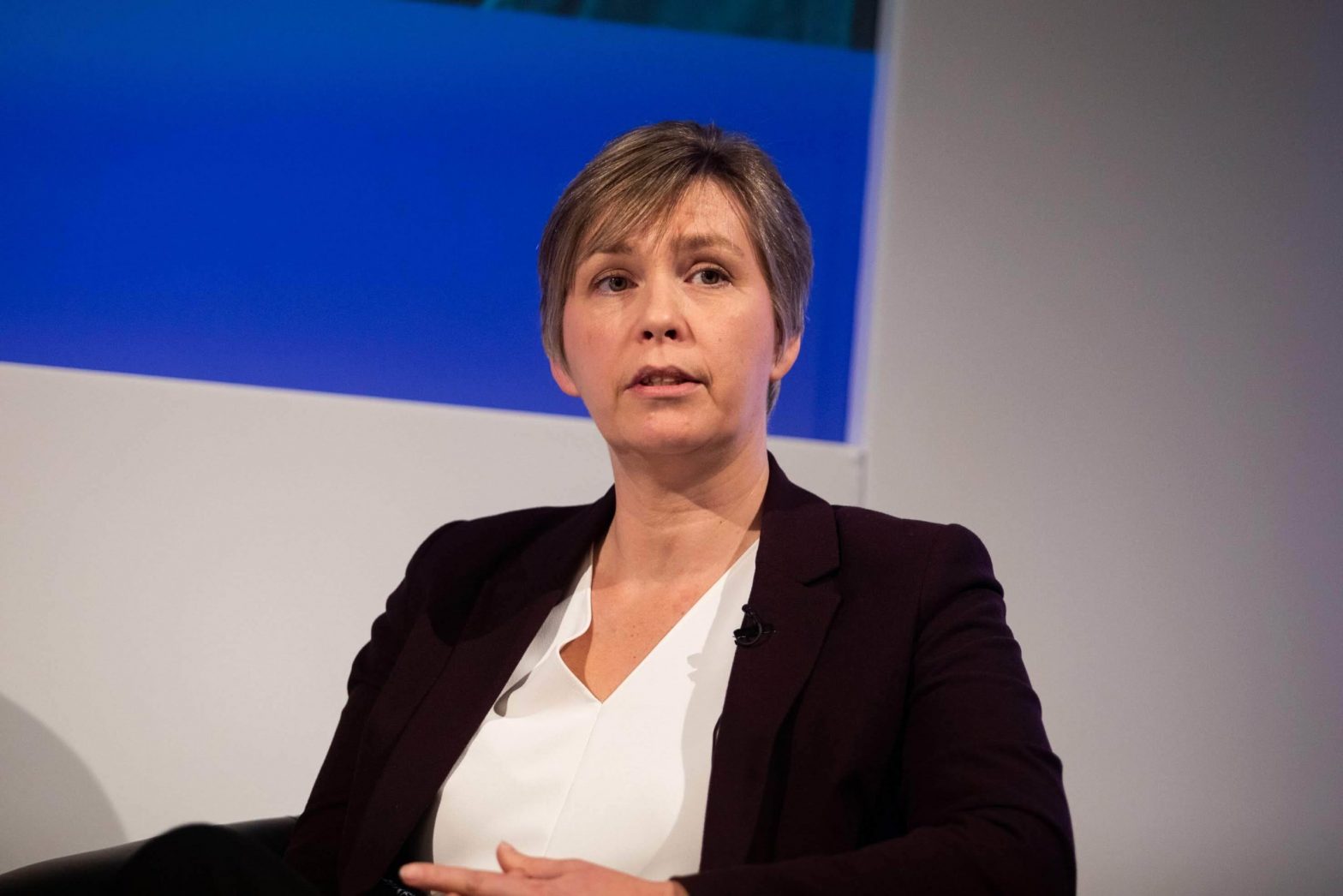
Photo: Liz St Louis, Sunderland
Sunderland brings city voice to digital twin development
27 July 2022
by Sarah Wray
Liz St Louis, Assistant Director for Smart Cities at Sunderland City Council, has been selected to sit on a new board to advance digital twins in the UK. The city is currently exploring how a digital twin could support its goals.
The group has been convened by UK innovation accelerator Connected Places Catapult, which now hosts the Digital Twin Hub after recently taking it over from the Centre for Digital Built Britain at the University of Cambridge.
Dr Alison Vincent will chair the Digital Twin Hub Strategic Board and other members, selected from over 100 applicants, come from Anglian Water, Arup, Asian Infrastructure Investment Bank, Bentley Systems, Esri, Frazer-Nash, Infrastructure Client Group, L&Q, National Highways, Network Rail, Mott McDonald, Ofcom, Palantir, and The Alan Turing Institute. Mark Enzer, former head of the National Digital Twin programme, will be the Vice Chair.
Dr Vincent said: “Digital twins are already helping to find the best solar panel locations in Singapore, manage people flow at train stations in London, and simulate the impact of natural disasters in Seoul.
“Ultimately, digital twins and connected digital twins will give us a clear advantage in fighting global, systemic challenges like pandemics, climate change and inequality. The Digital Twin Hub is a key player in the world of digitisation [and] a vehicle to help the UK digitise at speed.”
Standards and interoperability will be a key focus, she noted.
Tech-second approach
St Louis told Cities Today that the City of Sunderland is considering adopting a digital twin.
“We are very much at the start of the journey though, embarking on a discovery exercise to understand the value a digital twin can offer to our city,” she said. “That’s why collaborations such as the Digital Twin Hub and Advisory Board are so beneficial to share learning and best practice.”
St Louis said she can see potential for Sunderland and other cities in individual verticals such as developing digital twins of advanced manufacturing plants or new development sites, as well as on a broader, city-wide scale.
“We are currently exploring how a 3D experience platform providing virtual universes could provide benefit for our sustainability, transport, and urban planning agendas,” she commented.
Through the exploratory work and involvement in the board, St Louis also hopes to tackle some of the challenges with digital twins.
These include: “Defining what we want to achieve from a digital twin, the questions we want to answer and then ensuring we have the richness of the datasets to inform this position alongside continued learning in this relatively new field. We are keen to progress quickly with our city’s ongoing digital transformation, but also have a strategic and planned approach to any activities we undertake.”
As the only local government member on the board, St Louis said: “I’m very much looking forward to exploring the topic through the many different lenses of the various industry leaders. The richness of the insights will prove incredibly beneficial. I hope to be able to relate many of the discussions to the real-life challenges and opportunities we face in our city, ensuring the agenda as it develops delivers transformational benefits for our residents, businesses and those that come to visit or work in our city.”
“I feel that a people first, tech-second approach is the correct mindset to have,” she added. “That way we can ensure technology is developed for good and decisions enhance lives, add value to businesses and underpin future prosperity for people and places.”











